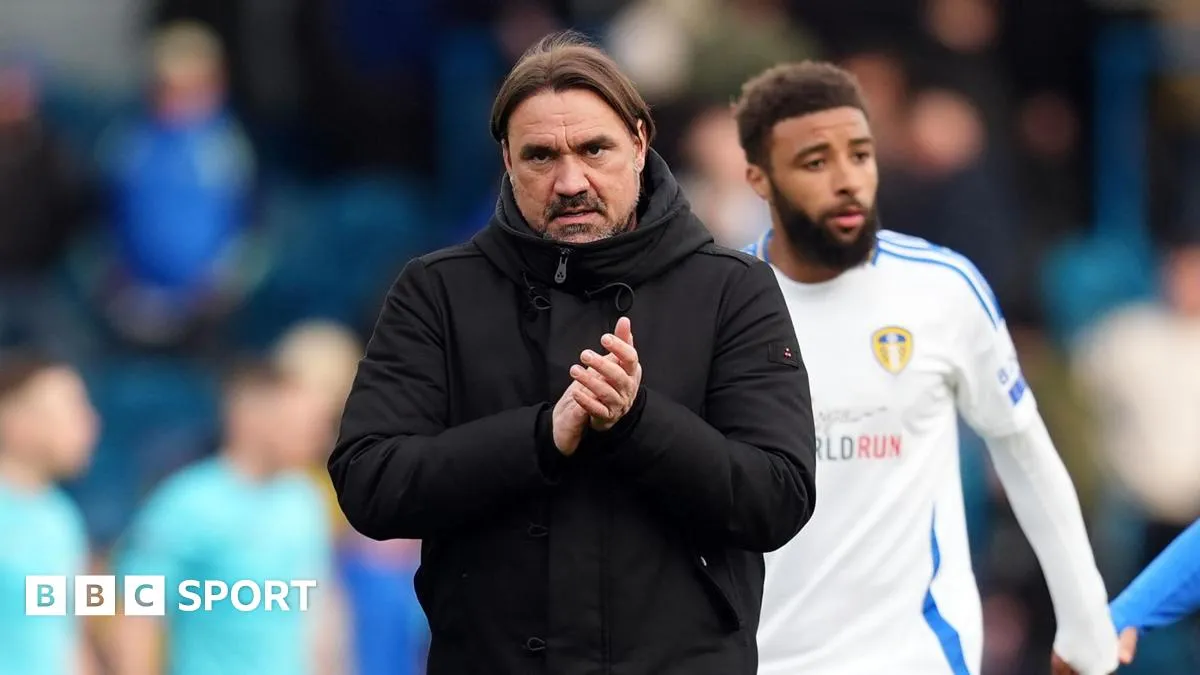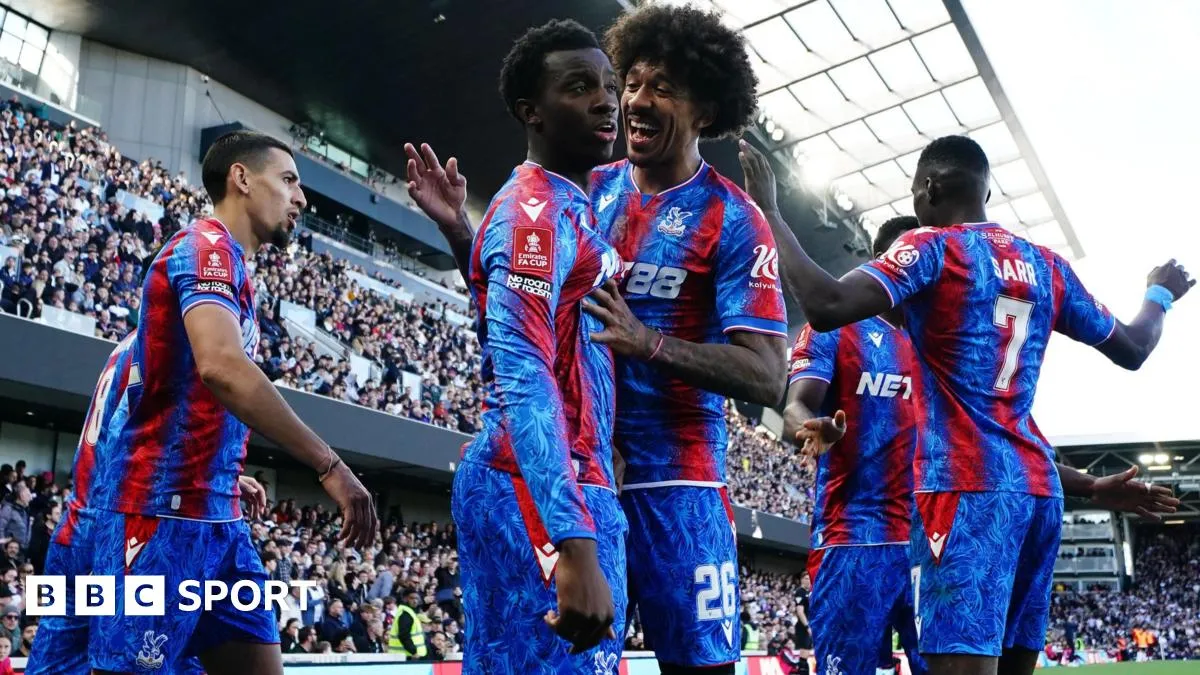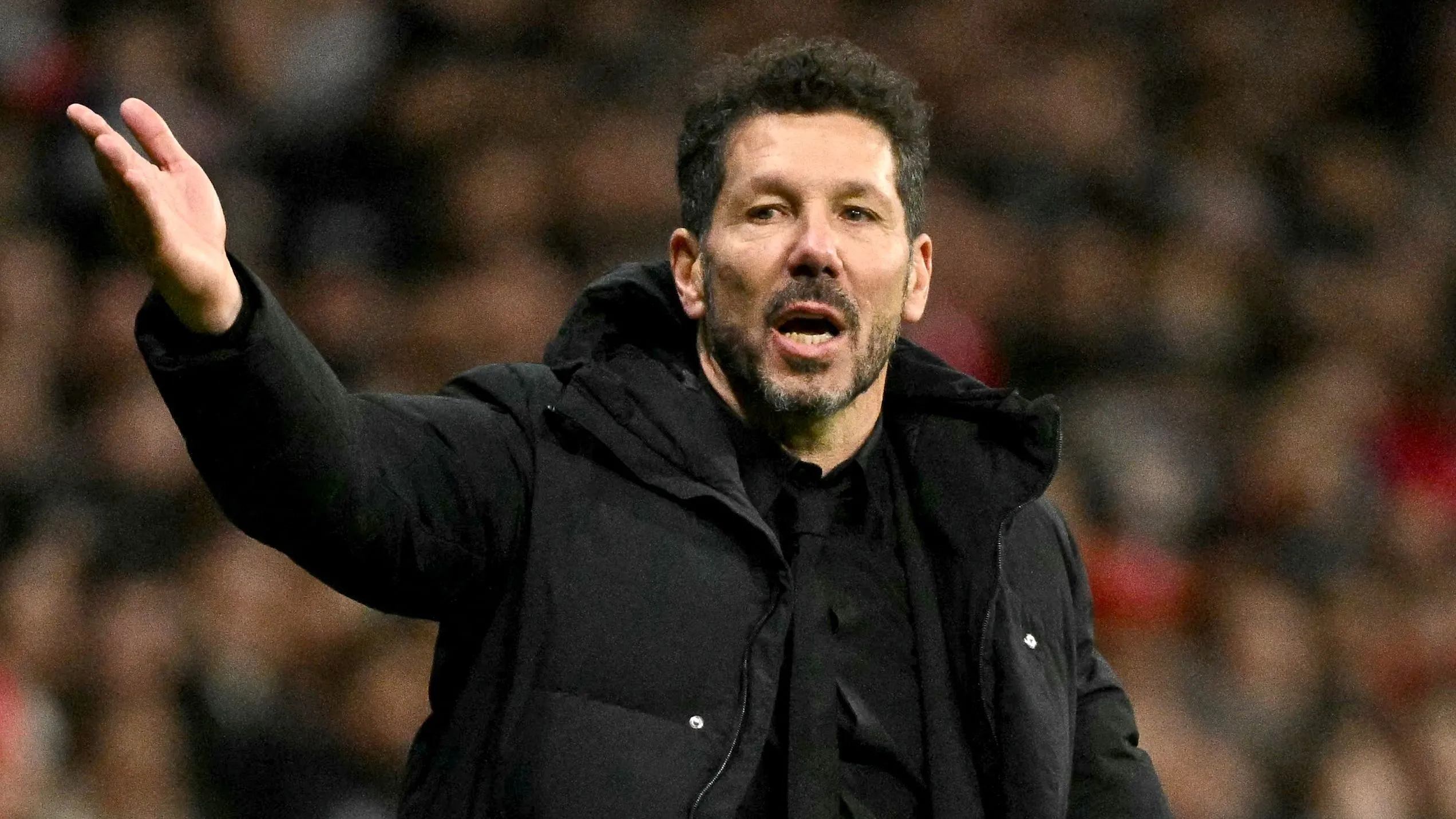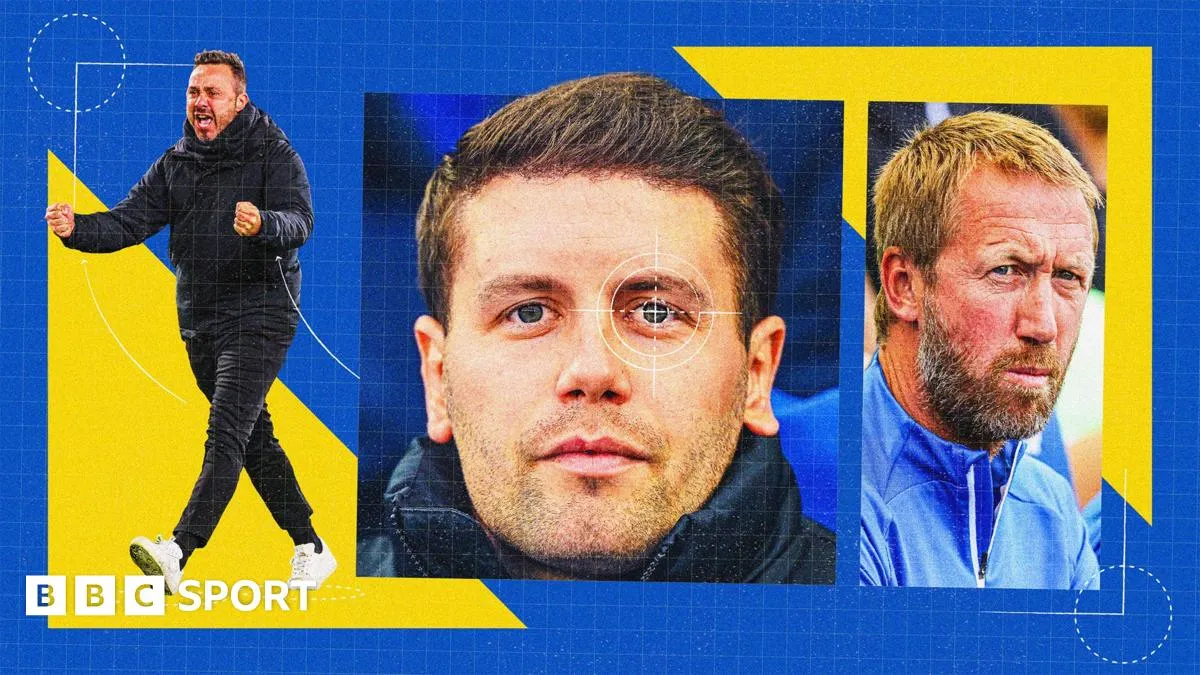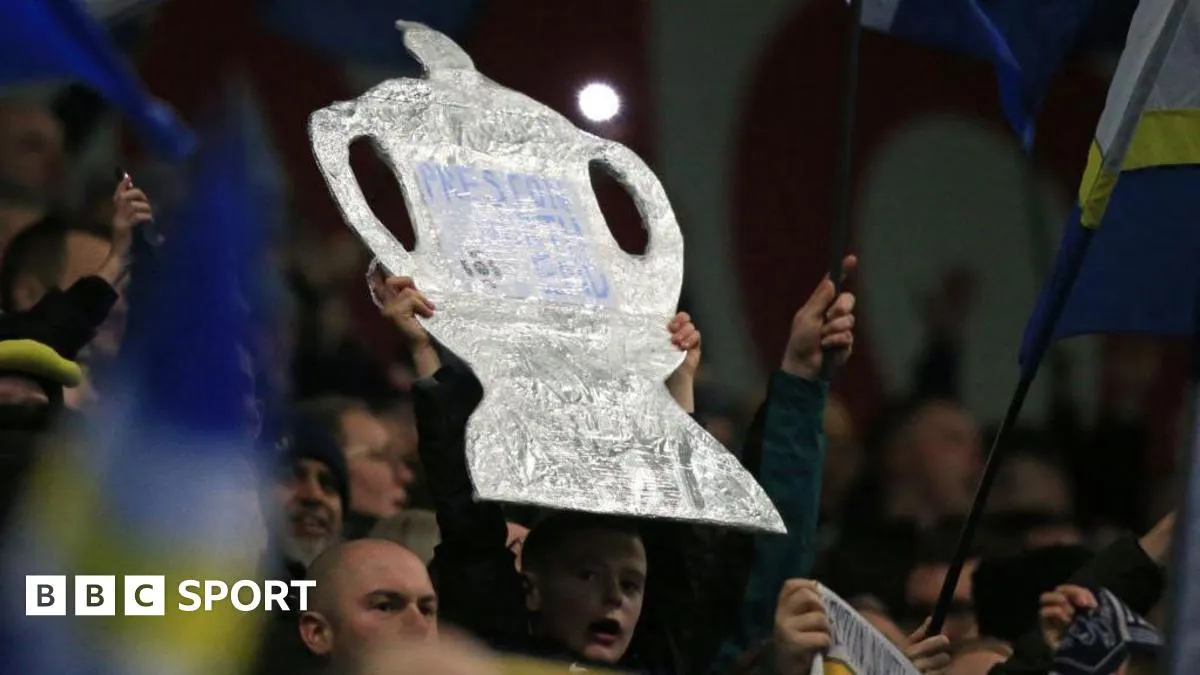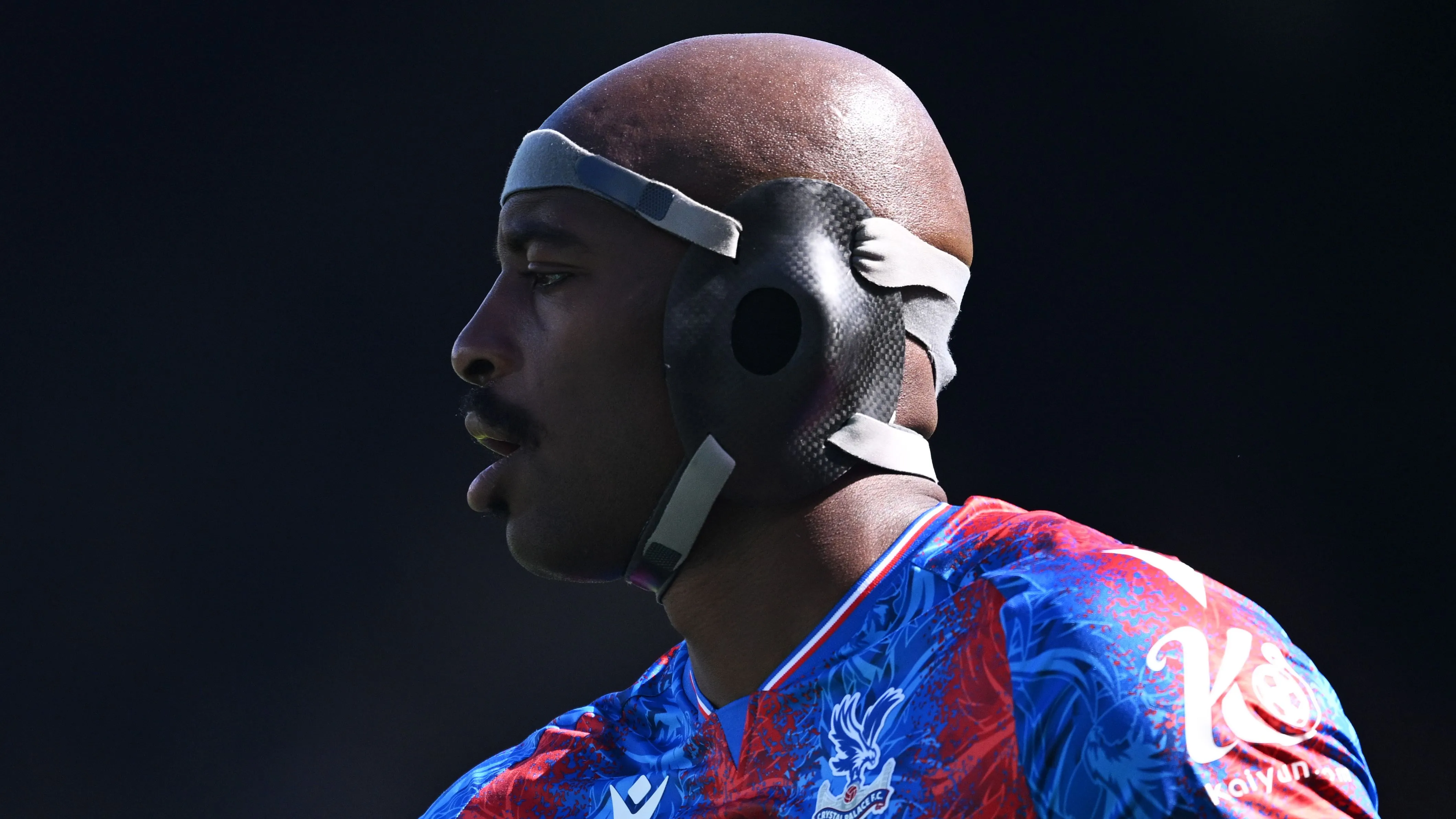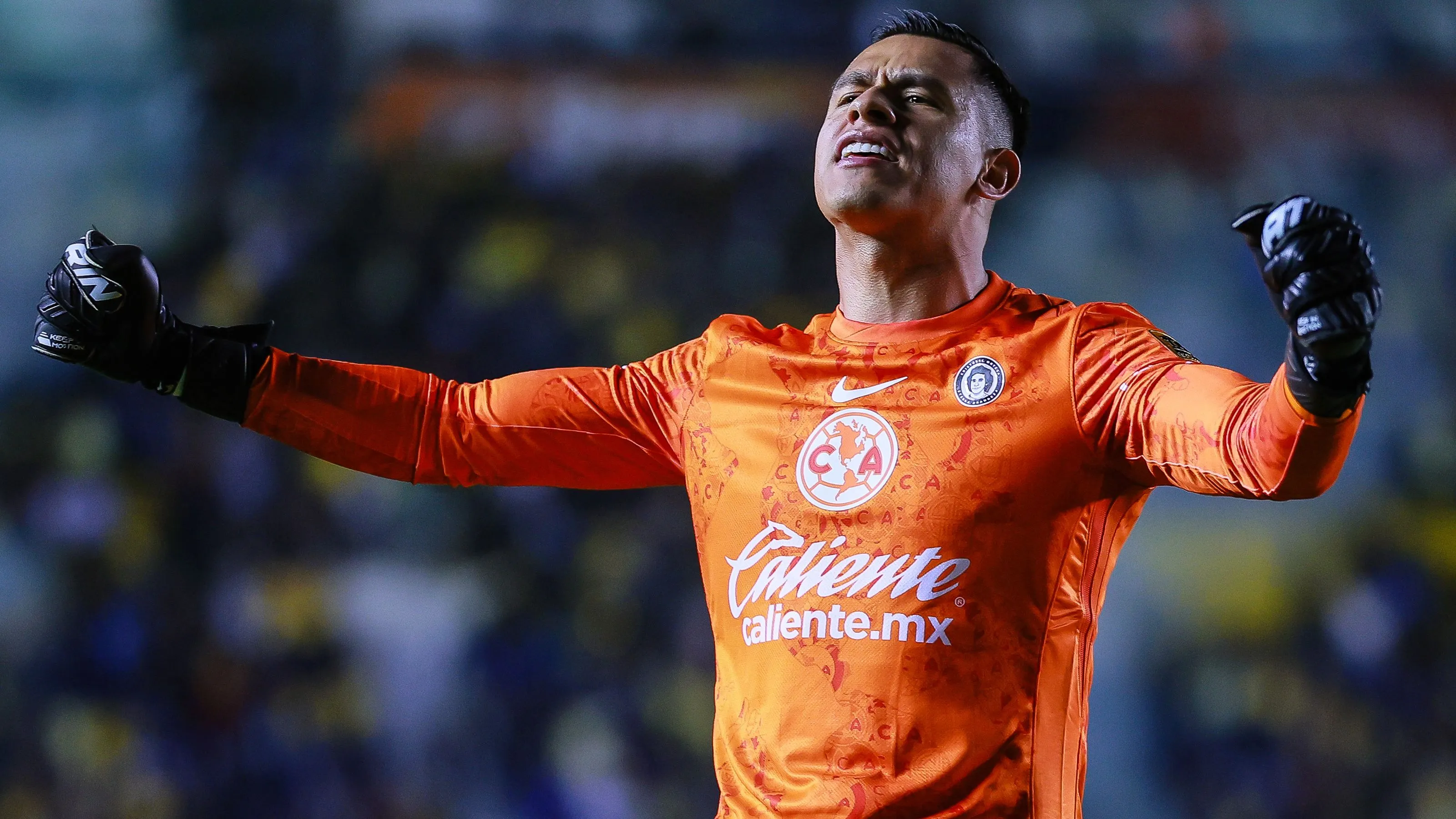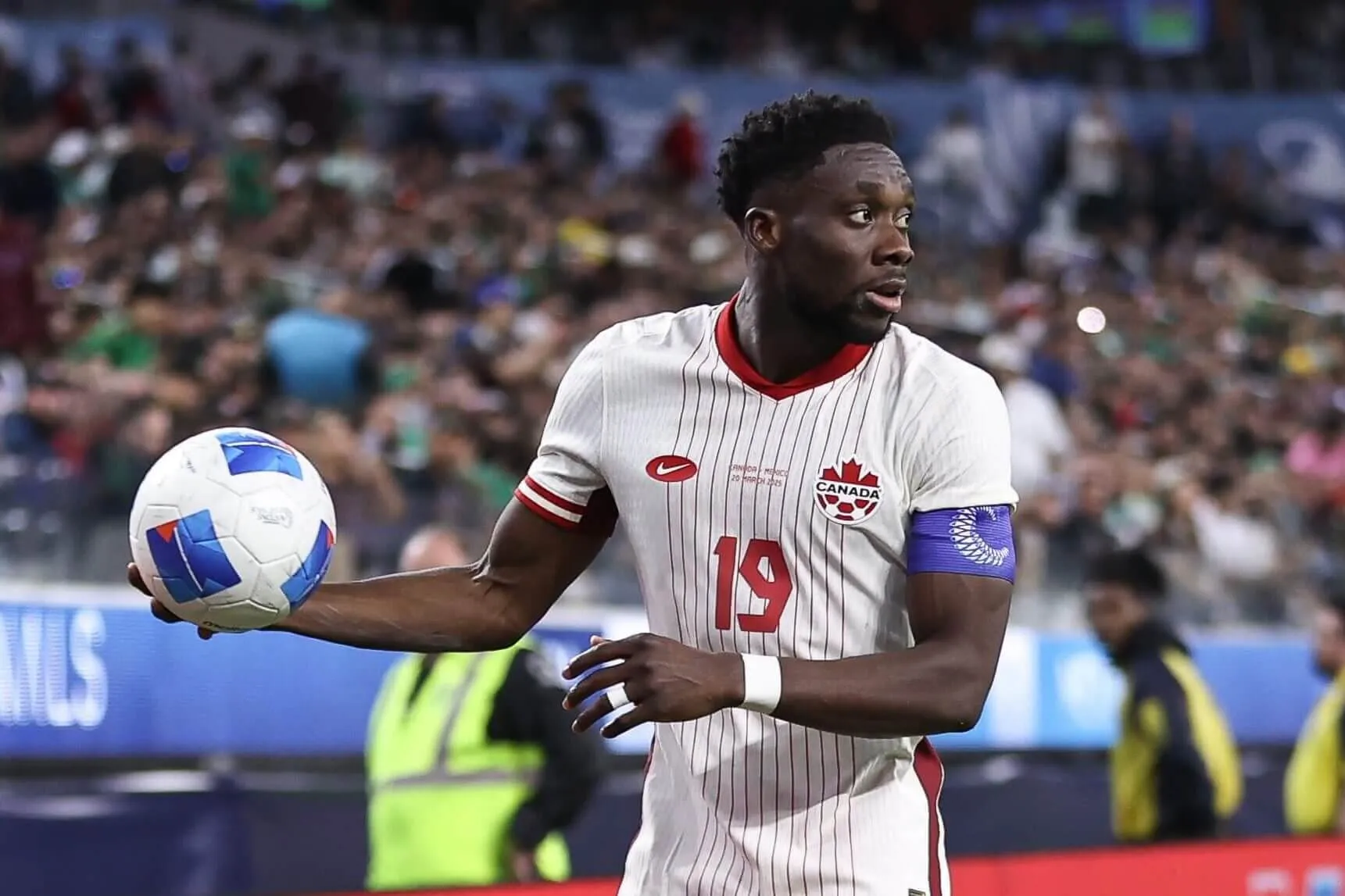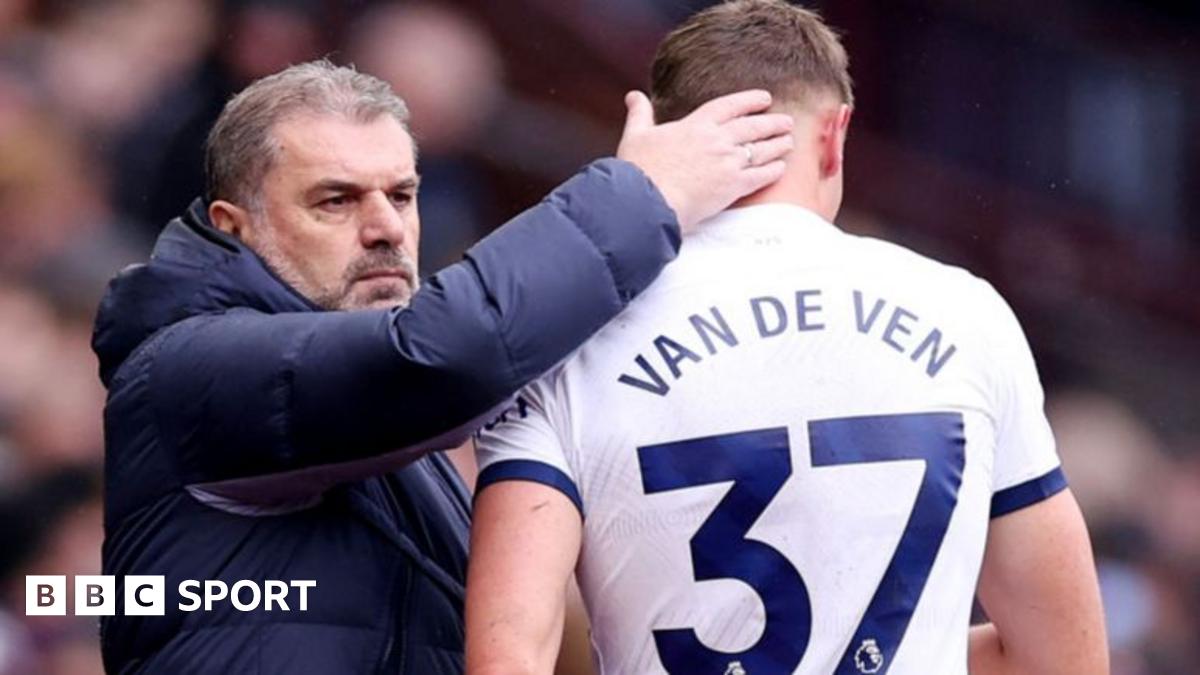
Tottenham's injury crisis has sparked discussions about manager Ange Postecoglou's intense playing style, with the club currently leading the Premier League's injury table with 11 players sidelined. The recent additions of Dominic Solanke, Timo Werner, and Brennan Johnson to the injury list have only intensified concerns about the sustainability of Postecoglou's approach.
Sports scientist Anton McElhone, who worked with Postecoglou at Celtic and previously with Tottenham under Mauricio Pochettino, offers unique insights into the manager's methods. "Ange is very clear 'This is how I do it at each club,'" McElhone explains, emphasizing Postecoglou's unwavering commitment to his philosophy of 'football first' - where everything must start and end with the ball.
The Premier League's unique challenges play a significant role in the current situation. McElhone notes, "We know the Premier League is the most dynamic league in the world. It has 20 teams at all the same level and physicality - it's the best league in the world for that." He draws parallels to Pochettino's tenure, where implementing front-foot football took six to twelve months, with intensity levels "through the roof."
The challenge at Tottenham appears to be multifaceted. McElhone points out that the squad's current composition might not be ideal for Postecoglou's system: "They need to be robust enough, and I don't know at the moment at Tottenham if they've got these players. They've got a very young squad behind the senior squad as well."
Postecoglou's approach to player management is notably data-driven. "Ange is all about the numbers, [he'll say] 'Give me the facts'," McElhone shares, recalling a specific instance with Kyogo Furuhashi at Celtic, where calculated risks were taken with player fitness for crucial matches.
The situation at Tottenham mirrors challenges Postecoglou faced at Celtic, where an initial three-month period saw frequent hamstring injuries before the team adapted. However, the key difference lies in squad depth. "At Tottenham he's probably found that a lot more difficult because I don't think the strength in depth is the same as other Premier League clubs like Manchester City and Chelsea," McElhone observes.
Despite these challenges, McElhone describes Postecoglou as having "a Sir Alex Ferguson type mentality," praising his resilience and unwavering focus. "He is a very relentless and preserving manager; very strong mentally. Probably one of the best I've worked with," McElhone affirms, suggesting that while the current situation is challenging, Postecoglou's experience and determination might be exactly what Tottenham needs to navigate through this difficult period.
The club's silence on Postecoglou's future isn't unusual, but the real test of support will come in the January transfer window, where reinforcements could prove crucial in implementing his vision while managing the injury crisis.

